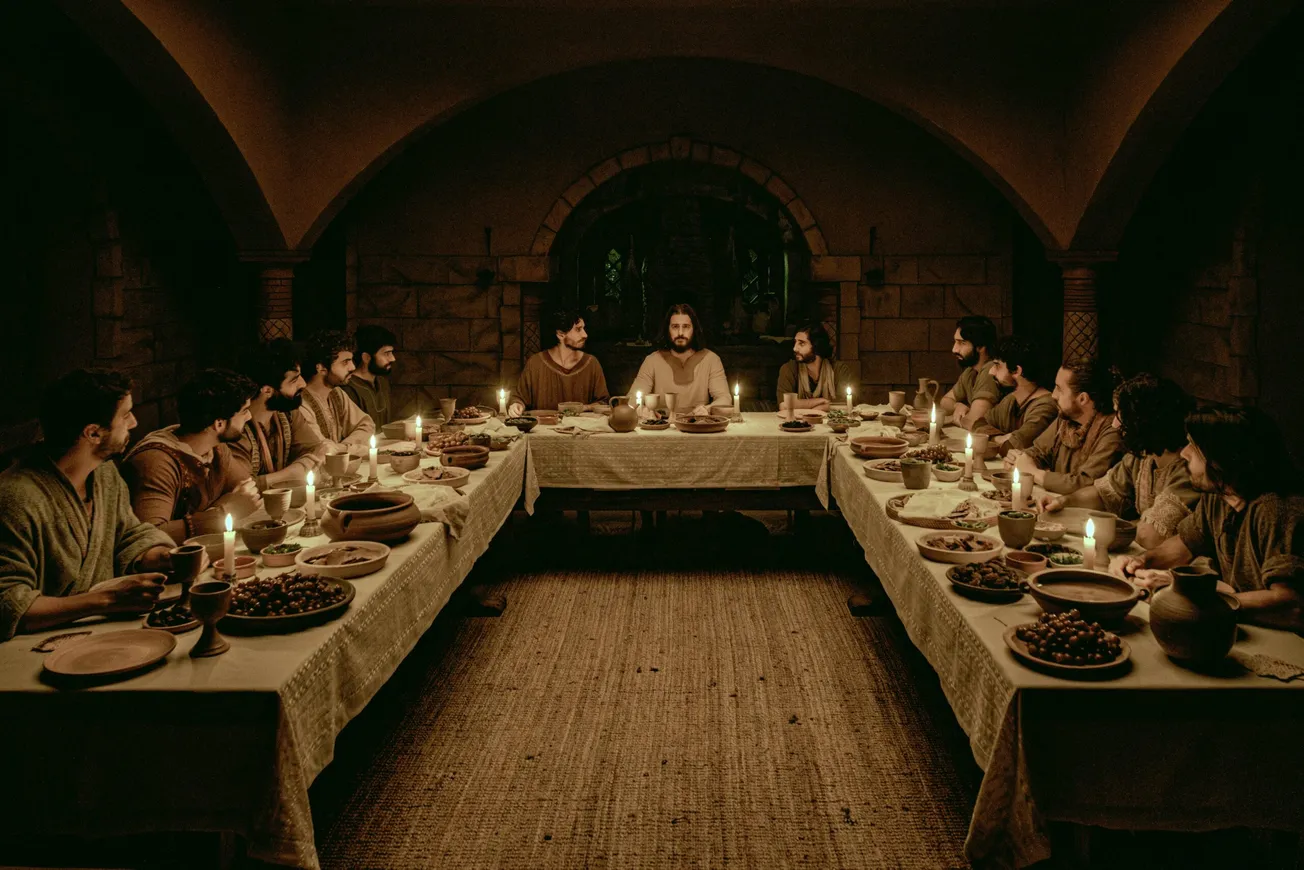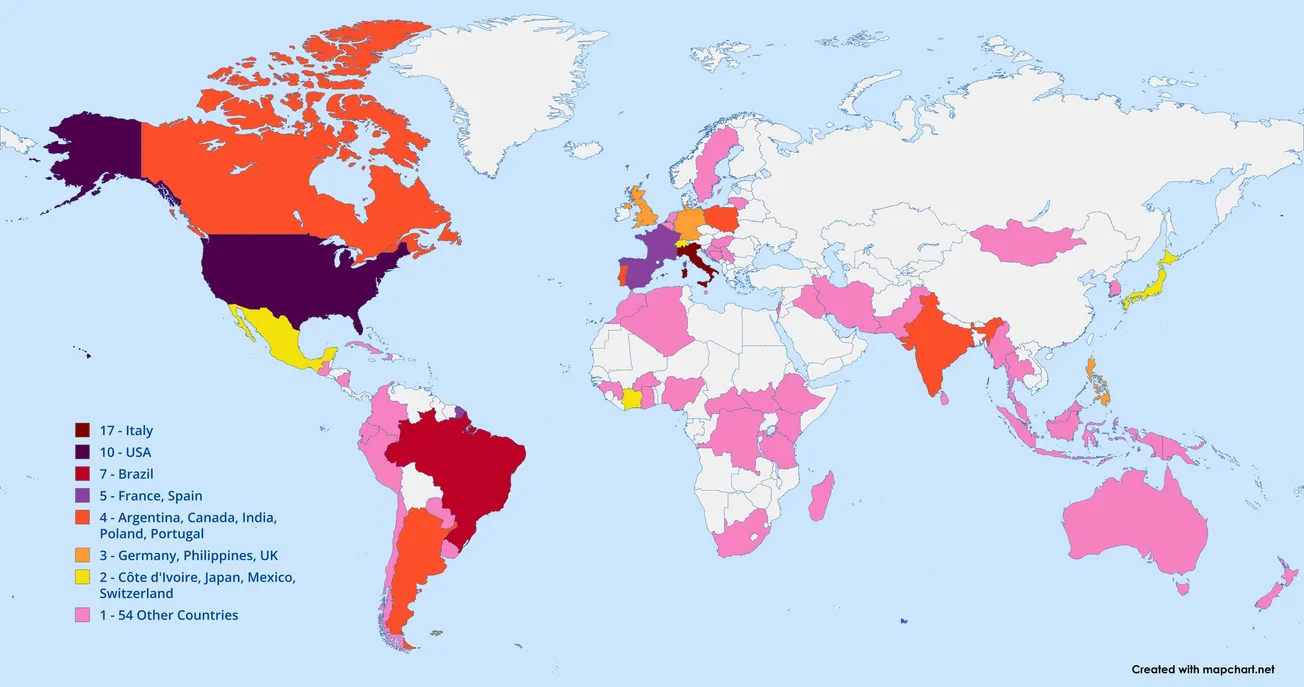When I first heard the buzz about Sam Levinson’s "Malcolm & Marie", I was excited.
The film (written and directed by Levinson) was shot in black and white on 35mm film, which is a rarity. The cinematography was visually beautiful, and the performance of the lead characters were stunning. What wasn’t so great, however, was the screenplay.
The movie started with a stunning dolly shot of Malcolm dancing in his living room. Levinson aimed to make a strong statement about the visual appeal of the movie early on. He delivered in this area.
However, when the actors began to speak, all hopes of the movie living up to its full potential slowly dissipated and I no longer cared about any of the visuals or the acting.
Again, this was not because the actors weren’t good. Quite the opposite, actually. Zendaya delivered as Marie, a headstrong former drug addict who has a bone to pick with her fiancé. And John David Washington delivered as the toxic, egotistical, mentally abusive boyfriend who relentlessly attacks Marie.
But when it comes down to it, not even the best of visuals or acting could pull the movie up from the sinking ship of self-centered writing by the director.
In the opening scene, it is revealed that Malcolm is a filmmaker and he and Marie are coming home from his movie premiere. It is during this scene that Malcolm’s character starts ranting about film critics, politics, and systemic racism.
Watching a Black filmmaker character casually scoff at the topic of systemic racism was weird and aggravating, to say the least. Black directors don’t brush off systemic racism; they tell stories about it. Ava Duvernay, Jordan Peele, and Spike Lee are just a few examples.
Systemic racism is usually an underlying theme in Black filmmakers’ movies because it is a reality for Black people. Levinson, in his screenplay, falsely reduces it down to a political topic. This is not an authentic, Black view of systemic racism. This is a White person writing about how they perceive systemic racism—through a Black character.
Racism is not strictly a political matter. It is an objectively moral matter that often gets politicized. Levinson conflates the two because he hasn’t experienced the reality of racism. Because of this, he cannot grasp it as being anything outside of the realm of politics. This is a common way of thinking for White people, and explains why many of them equate anti-racism with Communism.
Malcolm also says that his movie is first about a girl on drugs, and not about a girl being Black. This is a common argument that White people tend to make against Black people. They ask questions like “Why does x, y, and z have to involve race? Why does it have to be about skin color, and not [this, that, and the other] first?”
They (along with Levinson) fail to grasp the concept that being Black is indeed a part of our identity. A movie about a Black girl needs to reflect how racism would impact her as a Black woman because it’s a reality. A Black filmmaker wouldn’t take issue with talking about being Black, because it is a part of his identity. They also wouldn’t take issue with bringing this to life on the big screen or answering questions about it. On the contrary, most Black filmmakers aim to raise awareness.
White people tend not to understand this because they don’t see themselves in terms of color. They tend to see themselves as objective and don’t think in terms of having a White identity. Levinson makes this critical mistake and projects it onto his Black character when Malcolm rants about not being Black but just being a director.
Levinson would have done well to have had more in-depth conversations with Black people to better understand how they view themselves and their identity. The character Levinson wrote seems to want to shy away from his identity, and not embrace it.
Furthermore, through Levinson’s writing, a bigger picture becomes apparent. The screenplay parallels events in Levinson’s own life such as being a filmmaker, and having a White L.A. Times film critic write an unsavory review of his last film, Assassination Nation. Malcolm's character constantly rants against the White girl from L.A. Times who gave him a bad review. It’s clear that he’s projecting himself onto the character. The question is: why choose Black characters to do so?
To me, it seems like he’s using the Blackness of the characters and the concept of racism to shield himself from bad critical reviews. He’s daring critics to come against him, since it’s Black characters talking about racism. He’s essentially weaponizing racism and exploiting Black people. He’s doing what he pointlessly attempts to rant about in his screenplay, politicizing and weaponizing racism and using the characters’ Blackness as a crutch to do it.
This worries me. With films like Get Out, Moonlight, and 12 Years A Slave achieving monumental success, are we going to see a trend of White writers attempting to write stories about Black people (and doing so inaccurately) as a means to a career boost?
Black films have won awards because they are good, authentic storytelling from a Black perspective. They are allowing the viewer into their imagination to see life through their eyes. Levinson’s screenplay feels like an attempt at capitalizing off of Black people and using them as a means to an end.
Considering the film industry's long rap sheet with exploiting and inaccurately portraying autism in films like What’s Eating Gilbert Grape, Forrest Gump, and the recent Music. I would say it isn’t too far-fetched to think that the same will continue to be done with Black people. After all, none of the films listed above actually had autistic actors starring in these roles.
In the future, will Black writers and filmmakers still be writing movies about their own history and culture—or will they be usurped?
Briana Huddleston is a freelance writer, author, blogger, and host of the Geeks For Jesus podcast.










